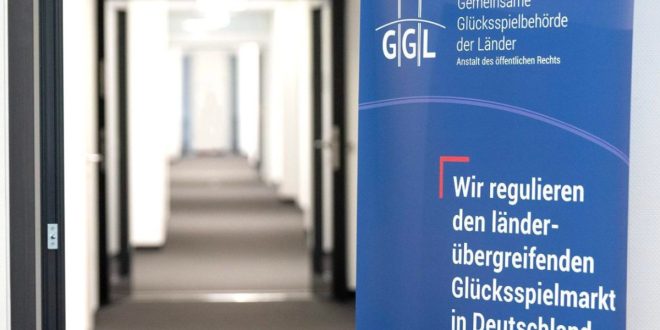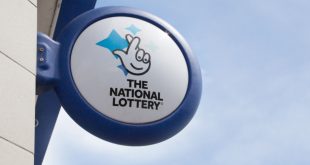Glücksspiel (GGL), the Federal Authority of German Gambling, has clarified its stance on “data collection approaches” to determine the size of the black market targeting national consumers.
The GGL acknowledged that “studies aiming to determine the market size of illegal online gambling are currently contentious, yielding different conclusions than the states’ data”.
The studies referenced are likely those commissioned by the gambling trade bodies of DSWV (sports betting) and c (online casino), who yesterday endorsed the market evaluation report of Günther Schnabl of the University of Leipzig.
Evaluating the effectiveness of laws and protections of Germany’s Interstate Market (GlüNeuRStv), the Schnabl report cited that the Interstate’s online gambling market’s channelisation rate had dropped to 50.7% in March 2023.
Since the implementation of GlüNeuRStv rules on 1 July 2021, German consumers are believed to have flocked towards unlicensed EU (28.9%) and offshore (19.9%) operators.
Concluding that the GlüNeuRStv failed its regulatory objectives, the Schnabl report agreed with the DSWV and DOCV demands that the GGL instantly revise the market laws to bolster the competitive offering of licensed incumbents.
The GGL responded by saying that “scientific discourse on survey methods is to be welcomed,” and that the authority is “open to new or further developed approaches to gaining knowledge and is continually developing its data collection methods”.
However, the GGL stands by its assessment of the ‘market volume of illegal gambling,’ estimated to be at circa €300m-€500m, in the range of 2%-4% of the current legal market’s size.
The Authority estimates that between 800 and 900 websites offer illegal online gambling, including virtual slot games, online poker, casino games, secondary lotteries and sports betting.
In monitoring activities within the Interstate market, the GGL stands by its data collection methods as the most comprehensive, providing an overview of all actors in the German market – licensed operators, unlicensed providers, affiliate networks, and skin websites.
“The GGL firmly rejects criticisms from the industry that the GGL’s approach to collecting data from the illegal online gambling market is based on a static model that does not take market changes into account,” the group said.
The Authority also recognises that “collecting data on illegal online gambling is complex due to the ever-changing nature of the black market. All collected data is estimative, capturing a snapshot of the market at a specific time.”
In its evaluation, the Schnabl study states that the governance of the Interstate market was undermined due to a lack of comprehensive and reliable data available on the online gambling market in Germany.
This November, the GGL endorsed the findings of the Atlas Report on German Gambling conducted by the Drogenbeauftragter, the Federal Drug Commissioner of the Bundestag.
On gambling prevalence, the Atlas report estimates that as of 2021, 30% of the population in Germany participates in gambling, reflecting a decline from 55% reported in 2007. The study further cites that 2.3% of Germany’s population is affected by a gambling disorder.
Regarded as the most comprehensive study of German gambling, the GGL advises stakeholders to use the Atlas report as the “platform for discussions on the correct way to regulate online gambling”.
The GGL concludes its intent to actively engage with the industry to develop a unified understanding and find a common position on measuring the illegal market, despite differing interests.









